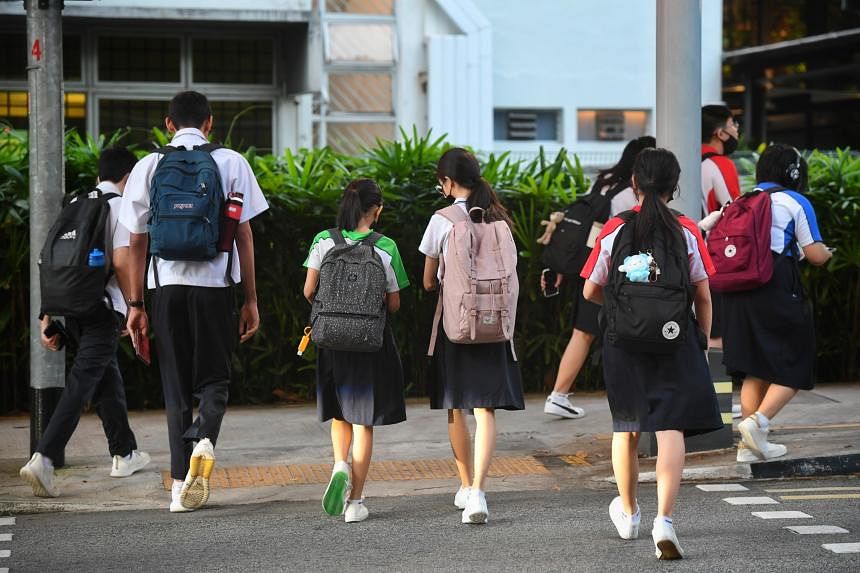This is because girls may have different perceptions of the quality of support they get from their parents, said Dr Melvin Chan, who led the study. He noted that past research has found that girls tend to report less positive perceptions of parent support, compared with boys.
“Even if parents feel that they offer adequate support to their children, it is important to consider their child’s perception and experience of the support received,” he said, adding that these findings could inform parents and educators on appropriate and differentiated support practices between boys and girls.
The study of 5,441 Secondary 1 students from 28 schools, conducted in 2023, aimed to understand which aspects of parent support impacted students.
It also found that support at home and at school matters during adolescence, and that students who receive more parental support exhibit more positive psychosocial traits and fewer problematic behaviours, such as defiance.
Dr Chan said that while these results are supported by past research, very few local studies have examined adolescent development comprehensively, with an adequately large sample that allows robust inferences of the data.
The study was conducted in 2023, as part of a larger study project by NIE called Dreams: Drivers, Enablers and Pathways of Adolescent Development in Singapore.
Dreams is commissioned by the Ministry of Education, and follows 7,000 adolescents throughout their four- or five-year journey in secondary school.
It consists of seven sub-studies that each investigates a key area of adolescent development, including special education needs and the impact of financial disadvantage. Dr Chan, who is assistant dean of knowledge management at NIE’s Office of Education Research, is a co-lead principal investigator for Dreams.
Dr Chan presented part of his findings at a recent NIE conference in May, titled “Profiles of parent support and its association with students’ psychosocial outcomes”, that sought to understand how they perceived the support they received from their parents.
His study examined four types of parent support – socio-emotional, autonomy, academic expectations and school support.

